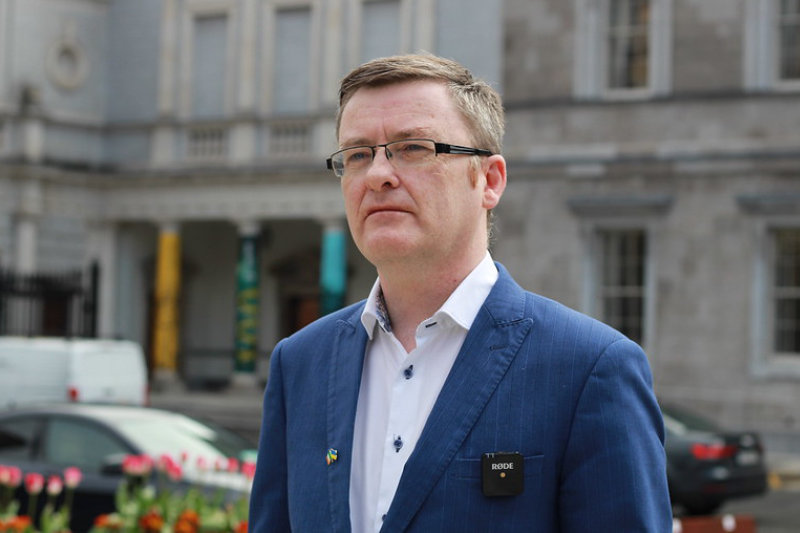Sinn Féin spokesperson on Health David Cullinane TD has issued a warning that the number of patients on trolleys – reported this morning by the INMO as standing at over 740 – indicated that an extremely difficult period lies ahead for workers and patients in hospitals.
Teachta Cullinane said that Government has failed to deliver enough hospital capacity over the last three years. He said that the Government’s mismanagement of the health budget and their decision to underfund the health service has left hospitals without the beds they need and constrained by a recruitment embargo.
Teachta Cullinane said:
“The INMO count of 747 patients inappropriately admitted to hospital without a bed this morning is a stark warning of an extremely difficult Winter ahead in hospitals.
“Workers and patients will face into severely overcrowded hospitals, which will have no choice but to cancel planned appointments and surgeries to cope with surging winter demand.
“This situation was avoidable. The Minister announced 1,200 new beds three years ago, and 200 of them have yet to be delivered. He has recently announced 1,500 new beds on a number of occasions, but secured no funding for them in the budget just gone.
“The Government knows that these beds are needed, and needed urgently. They must be delivered quickly. But now we have a plan for new beds with no funding. It is a farce.
“Delivery of the much-needed elective centres is far behind schedule. Urgently needed surgical hubs won’t be delivered until late next year.
“All the while, the CEO of the HSE has been raising concerns that there is no funding certainty for access to private hospital capacity. While this is an undesirable policy, it is necessary in the absence of enough beds in public hospitals.
“On top of this, the HSE is restricted by a recruitment embargo because of the Government’s deliberate decision to underfund the health service.
“Hospital managers will be left to make best use of what they have, without the necessary supports in GP and primary care to see more patients in the community, and without sufficient step-down and rehabilitation capacity outside of hospital, such as in nursing homes, to shorten length-of-stay and speed up discharges.
“We hoped that last winter, when nearly 1000 patients ended up on trolleys on a single day in early January, would be a watershed moment, and that Government would act quickly to use the year just gone to improve capacity. Action has been too slow and we are back here again, made worse by the deliberate decision to underfund the health service.”



